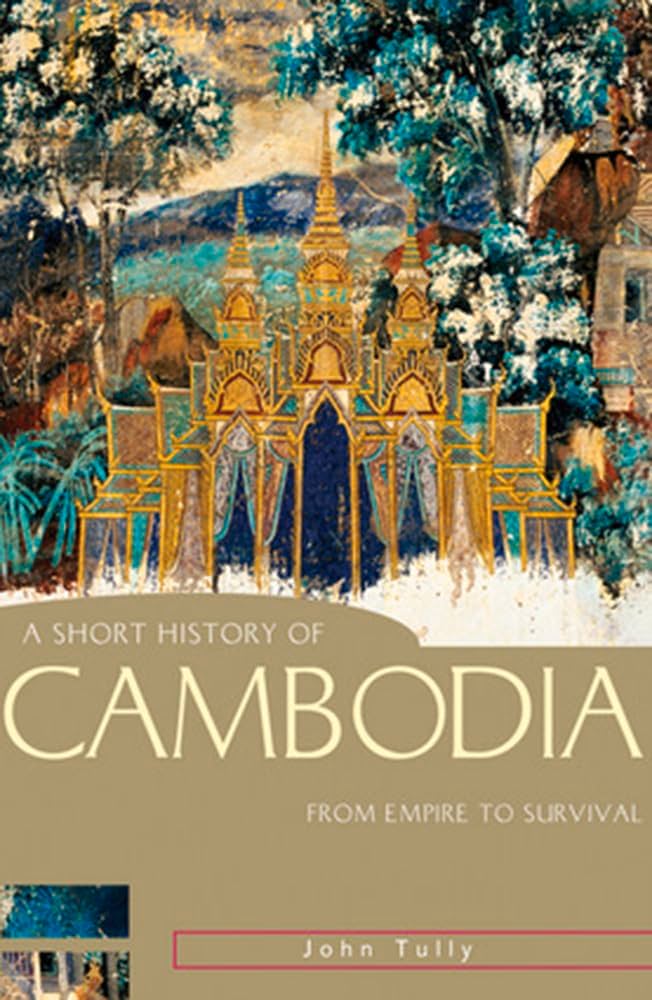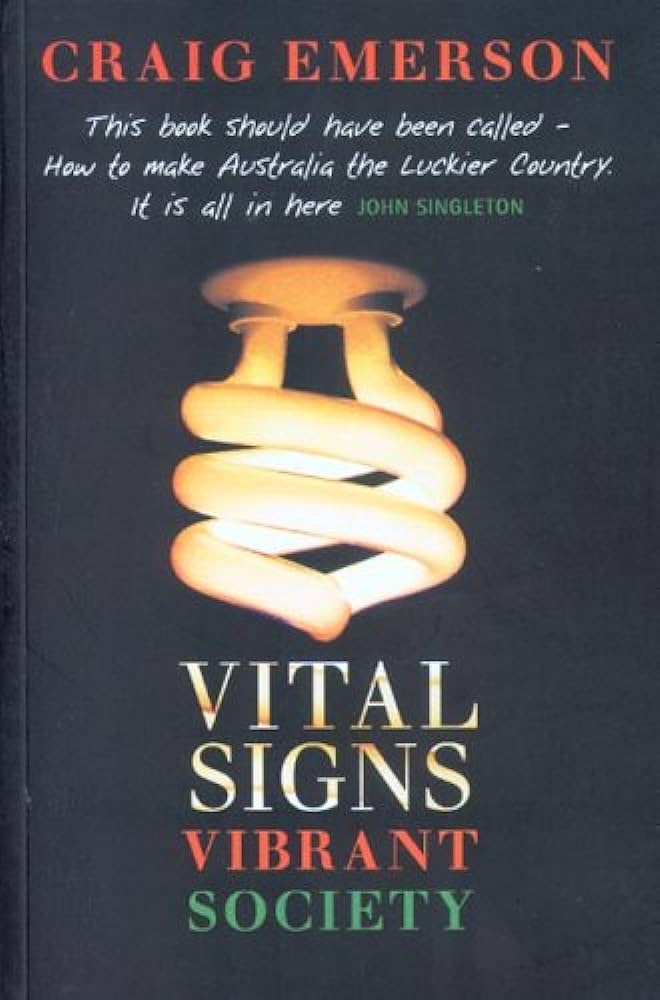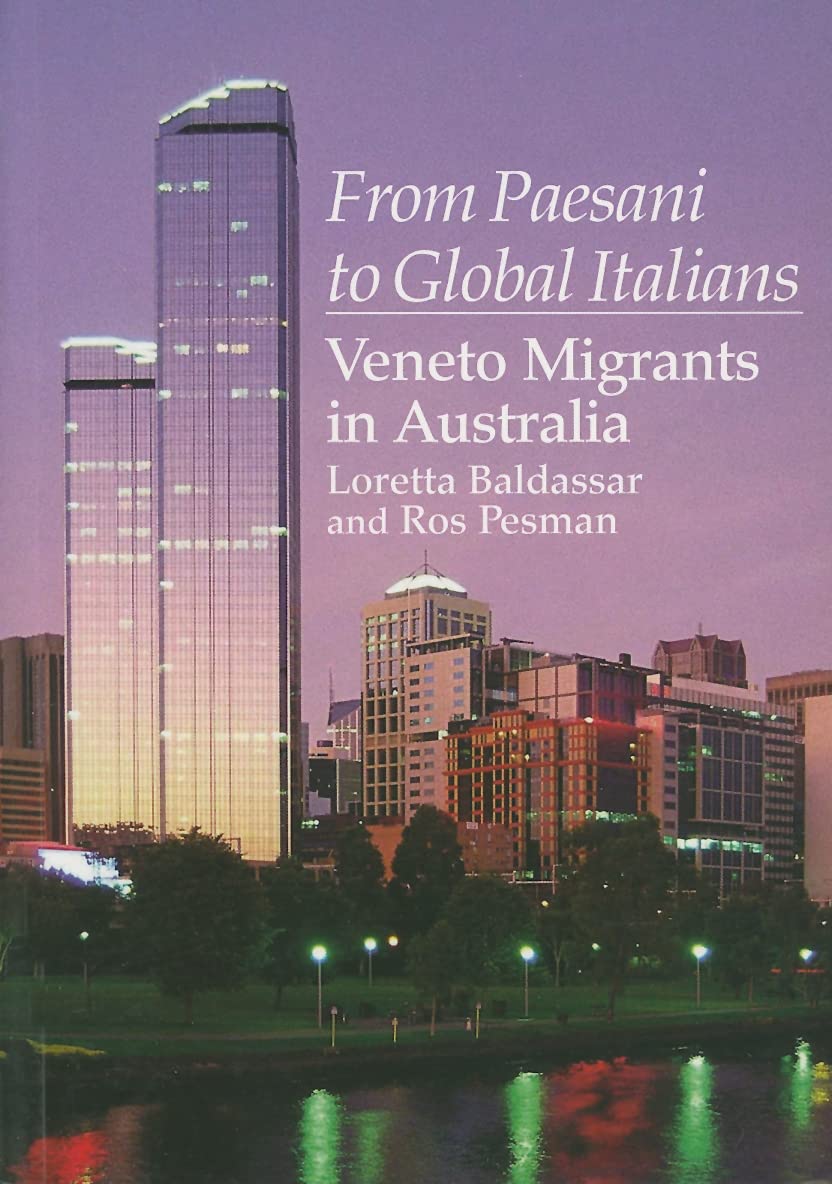Archive
Film | Theatre | Art | Opera | Music | Television | Festivals
Welcome to ABR Arts, home to some of Australia's best arts journalism. We review film, theatre, opera, music, television, art exhibitions – and more. To read ABR Arts articles in full, subscribe to ABR or take out an ABR Arts subscription. Both packages give full access to our arts reviews the moment they are published online and to our extensive arts archive.
Meanwhile, the ABR Arts e-newsletter, published every second Tuesday, will keep you up-to-date as to our recent arts reviews.
Recent reviews
Left Bank Waltz: The Australian bookshop in Paris by Elaine Lewis
Socialist Champion: Portrait of the gentleman as crusader by John Barnes
A Short History of Cambodia: From empire to survival by John Tully
From Paesani to Global Italians: Veneto migrants in Australia by Loretta Baldassar and Ros Pesman
Imagine the moment of hesitation:
the catch in his voice,
knowing
he could not turn back: after years
up and down the river, a request
... (read more)In her review of Arabella Edge’s The God of Spring (ABR, March 2006), Melinda Harvey asserts that the novel is ‘classifiable as “artist fiction”, that boom genre of literary fiction ...’ a genre that involves, she declares, ‘a kind of “painting by numbers”, which is why it’s not surprising that many of its best exponents, Edge included, are graduates of Creative Writing departments’. I am not interested in arguing with Harvey’s analysis of Edge’s novel: it is her casual dismissal of works by ‘graduates of Creative Writing departments’ that concerns me. If I had a dollar for every time I’ve heard similarly purse-lipped comments, variations on the ‘this author is a writing school graduate (sniff) – and it shows …’ theme, I’d be – well, I’d have a jingle in my pocket. I can only assume that such jaundiced remarks spring from some misapprehensions about, or perhaps a studied indifference to, what graduate writing programmes actually involve. As a graduate of one such programme – I was in fact one of Arabella’s MA classmates— I am glad to be given the opportunity to help dispel some common, but decidedly mistaken, notions.
... (read more)Biographers like to start their versions of the life of Samuel Barclay Beckett by wondering if he left the womb on 13 May 1906, as his birth certificate indicates, or on Good Friday, April 13, as he claimed. This time the master of grim humour and existential doubt isn’t having a lend of us – it was black Friday – though his claim to memories before that passage are more doubtful. Nevertheless, for me, the Beckett myth is born with the story of when he was a boy growing up in Foxrock, outside Dublin, fearlessly climbing a sixty-foot fir tree in the family garden. Standing atop, with his arms spread wide, he launches himself into the sky like an Anglo-Fenian Icarus; apparently, he had always wondered if the lower branches would catch him. Finding that they did, more or less, this naturally became the ten-year-old’s favourite pastime. To his mother’s horror, he repeated this plummet over and over again, and he didn’t always injure himself.
... (read more)






